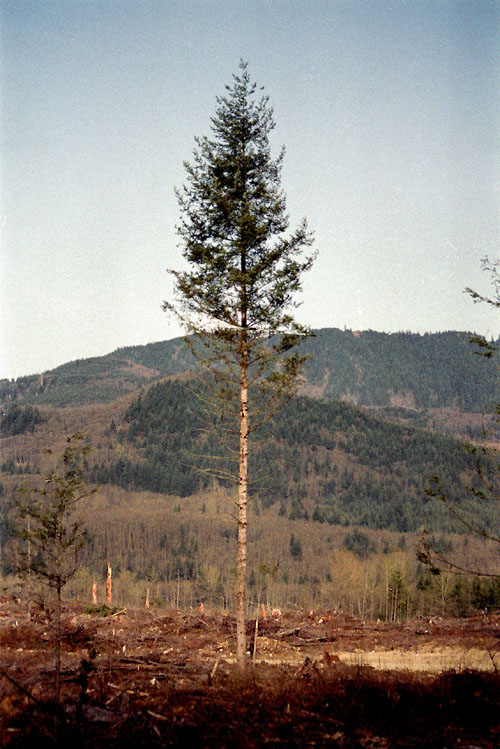Today has been a mixed sort of day, with sparkling diamond bright highs, and lows that fall comfortably into those shadowed areas of disappointment that are, oddly enough, beautiful in their dark, somber way. I think this is my way of saying that today has been a rich day.
I took my car in for overdue work, including tire rotation and wheel alignment, not to mention various fluid and filter changes. Waiting across the street in the cafe of the local bookstore, lovely coffee drink in one hand, extremely readable book in the other, I had a call from the mechanic – was I aware that my two back tires were in very bad shape? Well, no, I wasn’t aware that my tires were shot, but I was aware that something was wrong with my car.
Unfortunately, the nature of my car is such that tires are a rather expensive proposition, two tires for it costing equivalent to four inexpensive ones in cars that don’t have the odd Focus frame (the price you pay for ergonomics and good gas mileage). However, when tires are bald, tires are bald; if it means costing my reserved photography funds to replace the tires, so be it.
My car would be another hour but I lost interest in reading my book so wandered the aisles, reading a page here, looking at a cover there. I also checked the computer book section and couldn’t find “Unix Power Tools” or “Essential Blogging” but I did find “Practical RDF” on the shelves, which surprised me because it was a general book store, and not likely to lure semantic web types in for a quick read and snatch of a relevant book. Not only was the book there, but it was placed prominently – even before I did my usual author tricks. (I’ve discussed these before, pulling the book out, putting into prominent place, making sure it’s gently placed face first to the potential buyer.)
I also had a chance to check out what would be a possible competitor for my new book, and was delighted – oh so delighted! – to see that the book was trite, confused, and basically a piece of shit. Contrary to what we may say, and all our noble sentiments, authors take huge delight when we find that a competitive book is crap. We visualize our own book beside it and think about how well it will compare, picturing in our mind how much more attractive it will be for the buyer. Of course, our competitor is most likely in their bookstore, looking at our book, smugly, gleeful at the piece of dung we’ve managed to squeeze between paper covers. Such is the nature of the book business.
On the way home, I managed to avoid the many pits and holes in the road that literally fill the pavement for 2 blocks not far from my house – all having opened up in the last week with the sudden cold, cold temperatures. Destroyer of Car has been joined by its family and it’s actually rather humorous to see cars move through this gauntlet of bad pavement, as if all the drivers have been suddenly inflicted with madness or inebriation. Every once in a while you hear a crunching metal sound and know that the holes have claimed another victim.
But not me, today, me with my shiny new tires.
On the way home, I thought about how to recover from the sudden damage to my finances, at least until the book advances start arriving. Since I have lost my photography budget for the next couple of months, I decided to post my Paypal button to this page and if anyone wants to see new photographs, they only need drop a dime…or two…into my account, enough to pay for another roll of film and development. In the meantime, I’ll make do with my digital camera and posting photos from my archives.
I thought this arrangement was quite workable, and when I got home, I decided to check my email and then post this note to the weblog and my Paypal button. But then I noticed an email from a magazine editor I had sent photos to a long time ago.
Hi, Shelley. I am the managing editor of ________ magazine. The editor and
I reviewed your submission “Reflections.” We loved your photos and are
interested in using them in our August 2004 issue.
This from a magazine known for its photography.
No, I’m not sure if you do know what these words meant to me. I’m not sure I even know myself. Let’s say that there have been few moments in my life as significant to me as reading these few words.
But then I read the rest:
If you could provide slides of the images and a description of their location, we will negotiate a price for your work.
These were photos from my digital camera that I had sent to several publishers before finding out that my camera does not do images at a resolution publishers need. It’s the reason I am using my film cameras now. The magazine won’t be able to use these images, after all.
There’s that high thing. And there’s that low thing.
I’ll think about how I’ll respond to the email this weekend. Craft it carefully so that the publisher understands and hopefully will consider using some of my new photographs in a future publication. And I’ll keep taking pictures and developing the slides and eventually replace the digital ones with ones that publishers can use. Because now I know they’ll want to use them.

